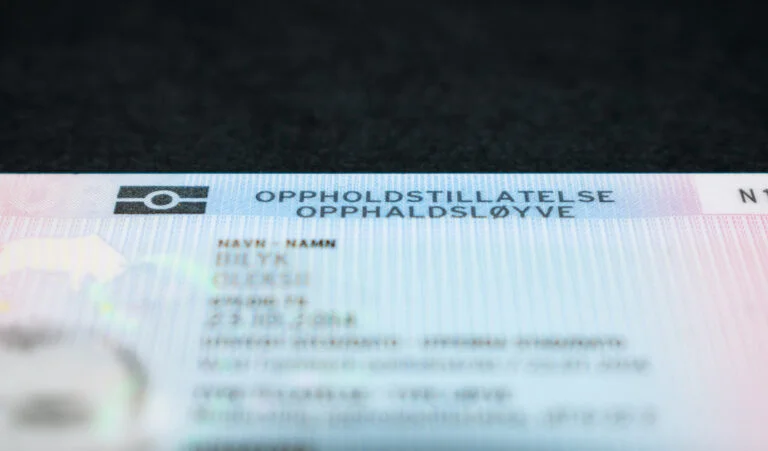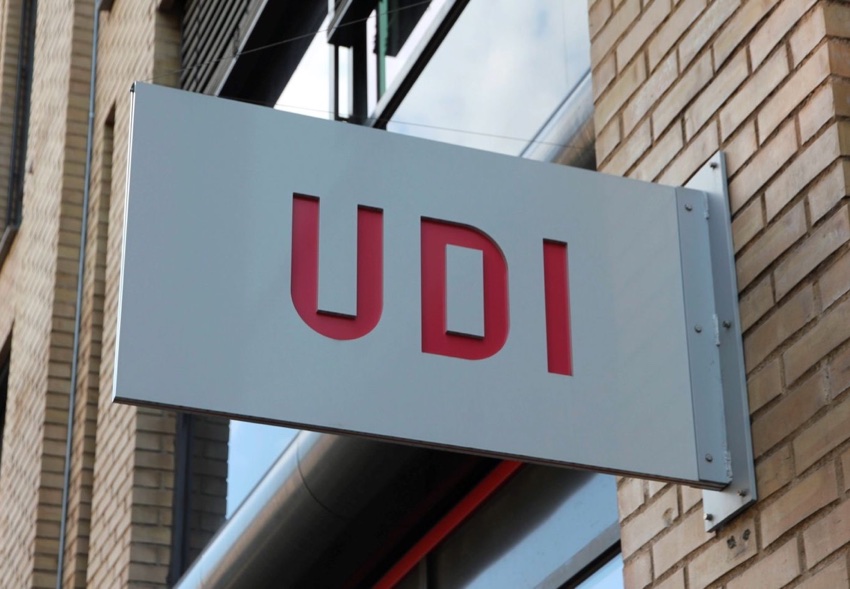The Norwegian Directorate of Immigration (UDI) has revealed several cases of family immigration applicants trying to cheat the system.
In order for a family member of an immigrant to be granted a residence permit in Norway, the immigrant must prove a certain income.

The UDI has revealed it has uncovered false income and employment claims in some family immigration cases.
Family immigration in Norway
Most people who move to Norway from outside the EU/EEA come through the family immigration process, not as asylum seekers.
Family immigration means that you apply to be reunited with a close family member who lives in Norway.
In 2020, more than 8,000 people were granted family immigration from countries outside the EU/EEA. Those who usually apply for family immigration are either a spouse or a child of someone who lives in Norway.
Read more: A Guide to Norway Immigration
The requirements for family immigration
To be granted the application, there are several requirements on the person who lives in Norway, the so-called reference person.

Among other things, one requirement is that the reference person must have a stable income over time in order to support the family member who is applying to come to Norway. This is known as a maintenance requirement.
The person living in Norway must be able to document an annual income of at least NOK 287,278 before tax. This must be income that your employer has reported to the Tax Administration.
Read more: Minimum Wage in Norway
The reason for the income requirement is to ensure the applicant will not be a burden on the Norwegian welfare system and to increase the chances of a successful integration.
Several fraudulent applications
UDI has revealed they discover around ten cases a year with fraudulent details related to the income requirements.
Both UDI and the Immigration Appeals Board (UNE) see cases where they believe there are issues with the size of the salary and whether the job even exists.
The most common industries where this occurs are the hospitality and service industry (restaurants, cafes, shops), cleaning, and in the construction industry.

UNE’s Ingvild Solberg told NRK that in some cases employment is created just before applying for family reunification, and that there are employment relationships often involving family members.
“We see examples of an employment contract where the salary is exactly the same as the maintenance requirement. We also see from time to time people get a higher position than what their professional background and education justifies.”
UNE has also seen examples of someone receiving a much bigger salary in the final months of the year. They suspect it’s done to meet the maintenance requirement within a calendar year.
Cheating is well planned
UDI deputy director Rolf Anthonisen told NRK that it is demanding to uncover such cases, and that maintenance claims are not investigated in all cases. He explained that such fraudulent applicants are well planned:
“The person in Norway's registration in the employee register is checked, so the employer must also pay employer's contributions. So such cases are well camouflaged and often planned well in advance before the application for family immigration is submitted.”
He added that they see a clear pattern in such cases. “We see a connection between cases where there is a suspicion of forced marriage and a fictitious employment relationship.”

